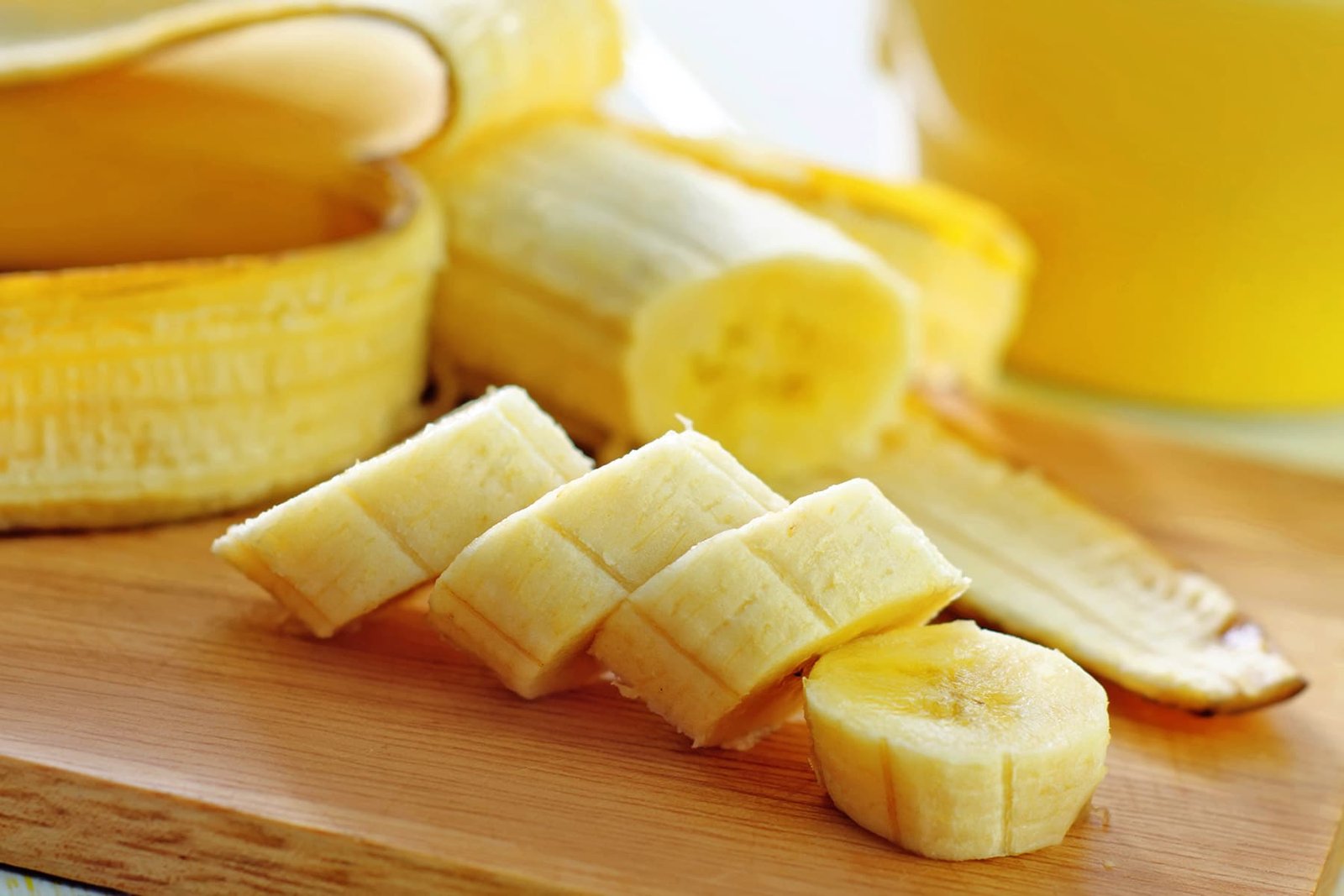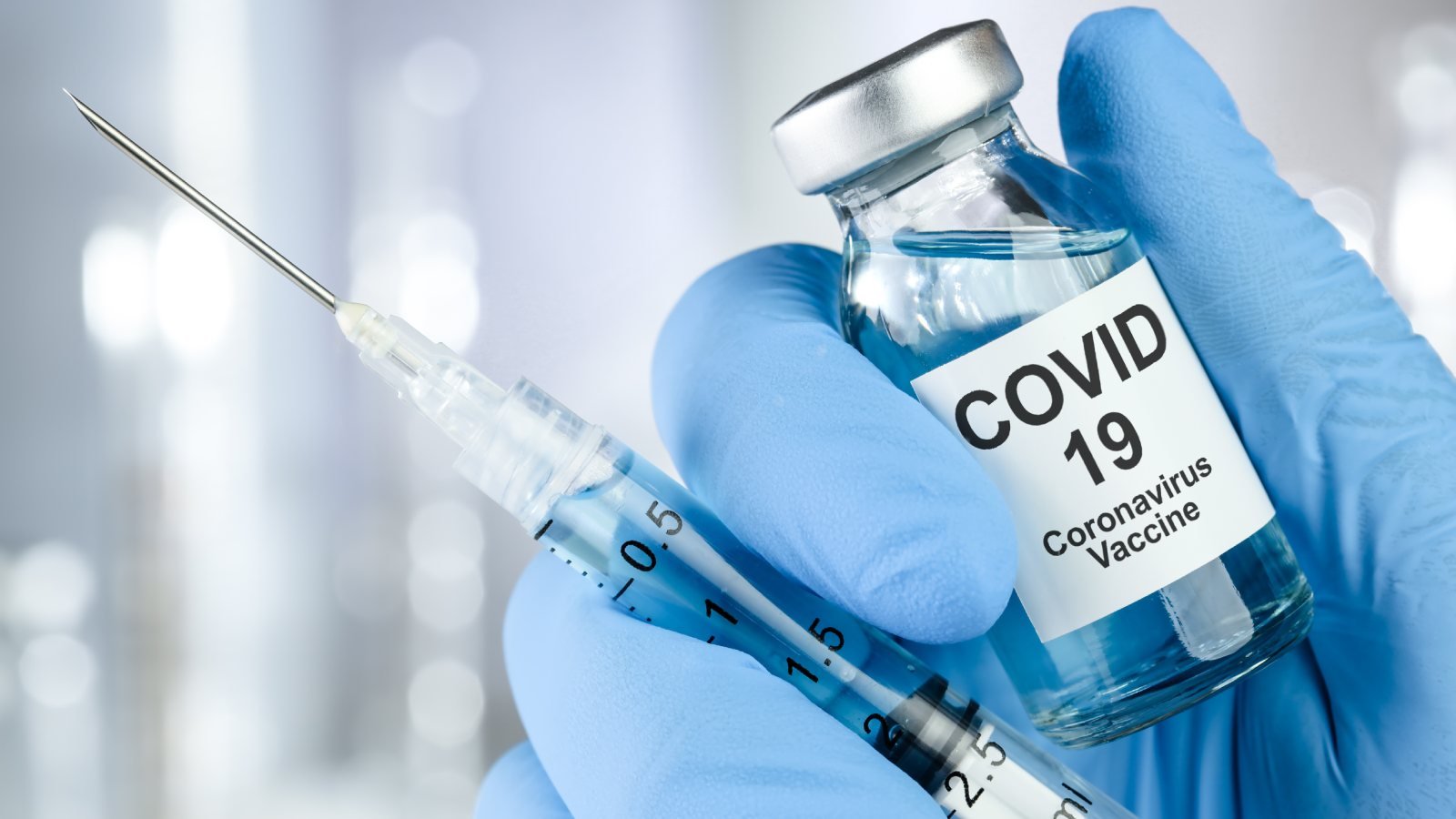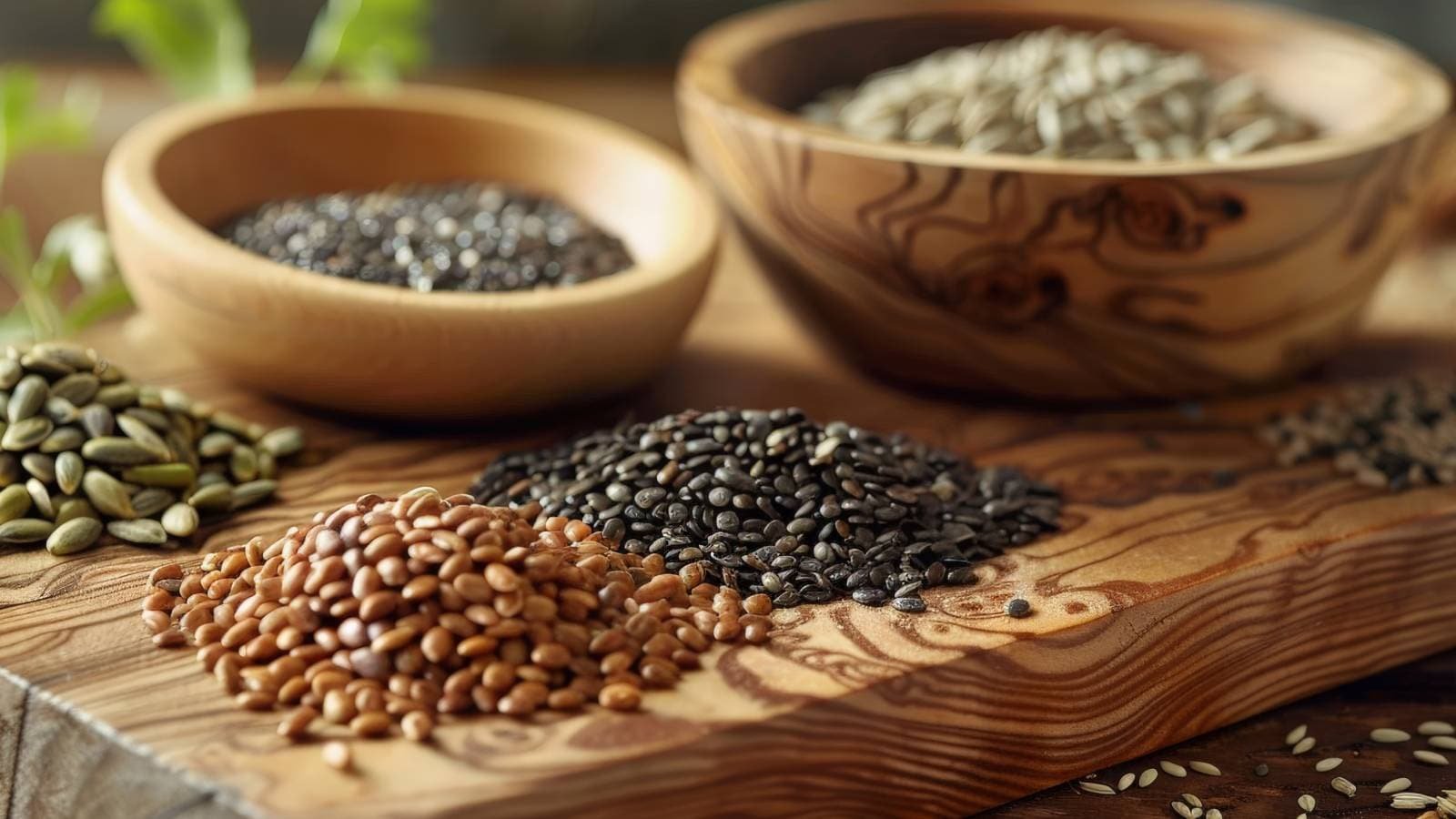HealthDay Reporter
FRIDAY, July 22, 2022 (HealthDay News) — It may sound bananas, but new research shows eating this potassium-rich food can improve heart health.
Avocados and salmon also are high in potassium, helping counteract the negative effects of salt in the diet and lowering blood pressure, researchers said. Other potassium-rich foods include a variety of vegetables, fruits, nuts, beans, dairy products and fish.
“It is well known that high salt consumption is associated with elevated blood pressure and a raised risk of heart attacks and strokes,” said study authorDr. Liffert Vogt, a professor of clinical nephrology and renal physiology at Amsterdam University Medical Centers in the Netherlands.
“Health advice has focused on limiting salt intake but this is difficult to achieve when our diets include processed foods,” he said. “Potassium helps the body excrete more sodium in the urine. In our study, dietary potassium was linked with the greatest health gains in women.”
The study included close to 25,000 British men and women between 40 and 79 years of age who were part of a research study between 1993 and 1997. Participants completed questionnaires about their lifestyle habits and their blood pressure and urine samples were analyzed.
Urinary sodium and potassium were used to gauge dietary intake.
The researchers found that as potassium consumption in women went up, blood pressure went down. And as potassium consumption rose, so did women’s blood pressure.
Every 1-gram increase in daily potassium was associated with a 2.4 mm Hg lower systolic blood pressure for these women. No link between potassium and blood pressure was found in men.
Participants were followed a median of 19.5 years (meaning half were followed longer, half for a shorter time). During that time, 55% of participants were hospitalized or died due to heart disease.
After adjusting for such factors as age, sex, body mass index, use of tobacco, alcohol and lipid-lowering drugs, diabetes and prior heart attack or stroke, researchers found that people with the highest potassium intake had a 13% lower risk of heart-related problems compared to those with the lowest intake.
Men had a 7% lower risk of heart problems and women an 11% lower risk, the study found. The amount of salt in the diet did not influence the relationship between potassium and heart events in either sex, researchers said.
The findings were published July 22 in European Heart Journal.
“The results suggest that potassium helps preserve heart health, but that women benefit more than men,” Vogt said in a journal news release. “The relationship between potassium and cardiovascular events was the same regardless of salt intake, suggesting that potassium has other ways of protecting the heart on top of increasing sodium excretion.”
The World Health Organization recommends adults consume at least 3.5 grams of potassium and fewer than 2 grams of sodium (5 grams of salt) daily.
A 4-ounce banana has 375 mg of potassium; 5.5 ounces of cooked salmon has 780 mg; a nearly 5-ounce potato has 500 mg, and 1 cup of milk has 375 mg.
“Our findings indicate that a heart healthy diet goes beyond limiting salt to boosting potassium content,” Vogt said. “Food companies can help by swapping standard sodium-based salt for a potassium salt alternative in processed foods. On top of that, we should all prioritize fresh, unprocessed foods since they are both rich in potassium and low in salt.”
More information
Dietary Guidelines for Americans offers more information on potassium-rich foods.
SOURCE: European Heart Journal, news release, July 22, 2022






